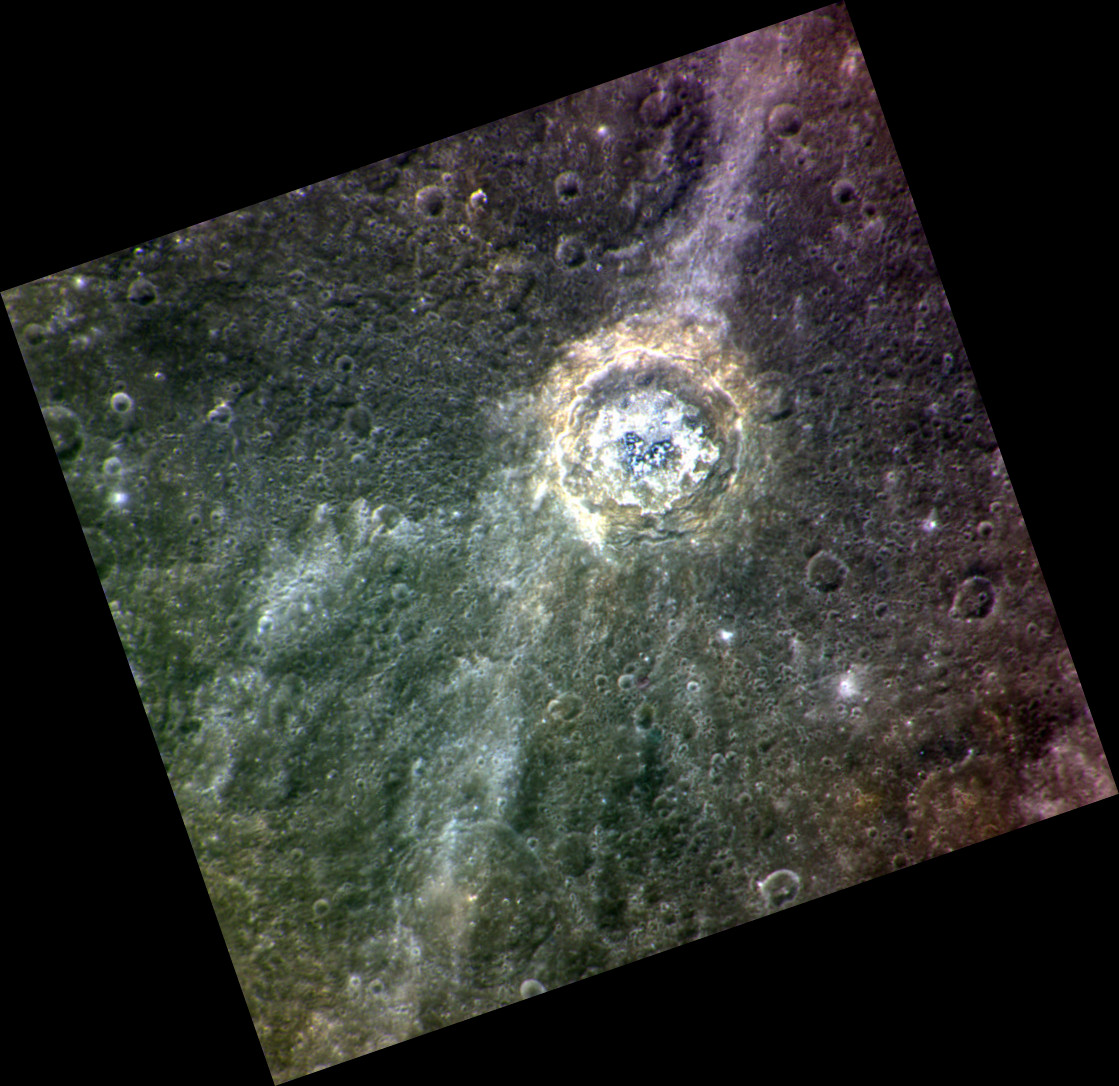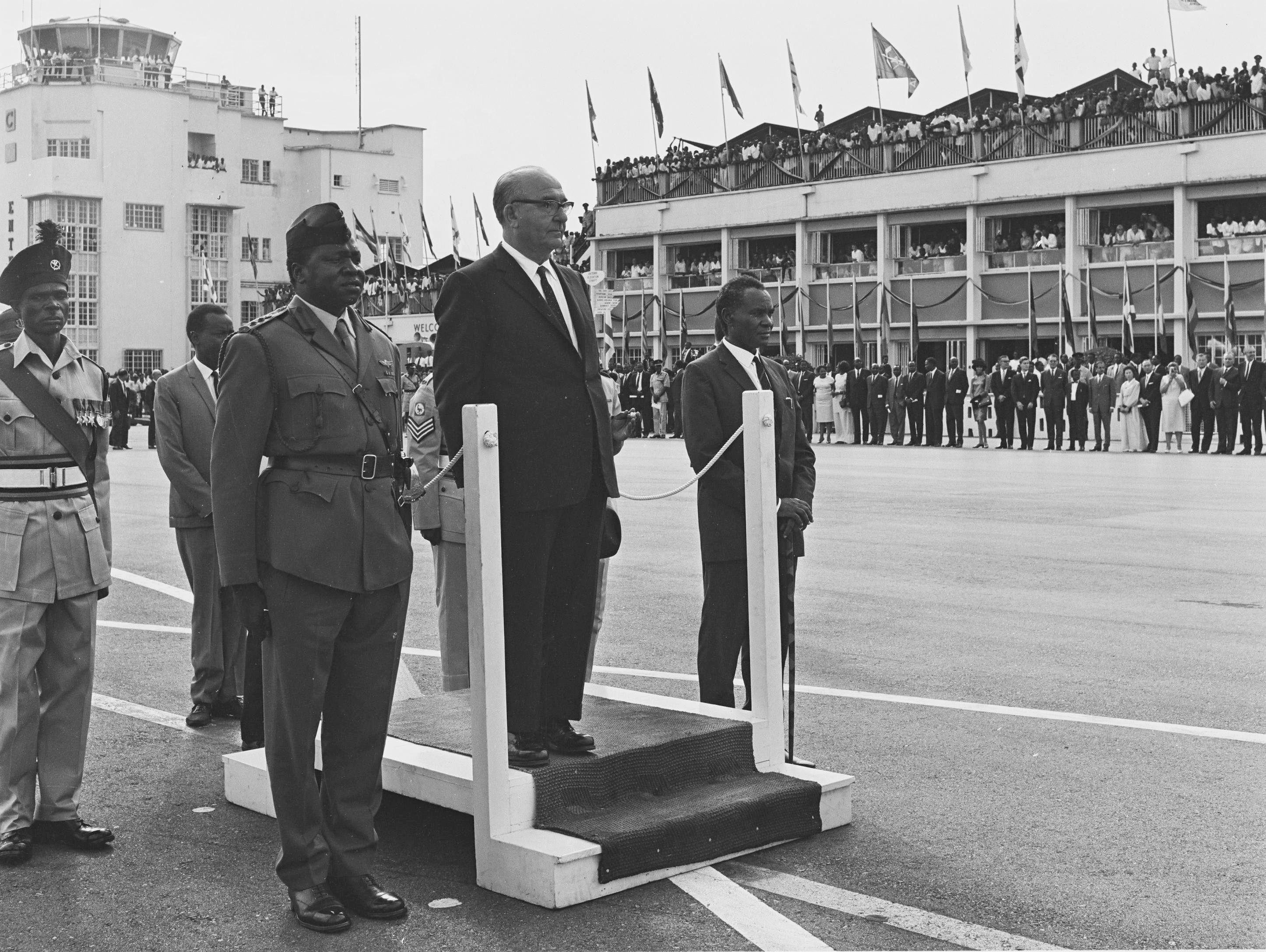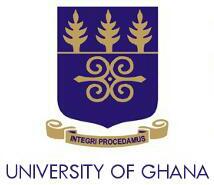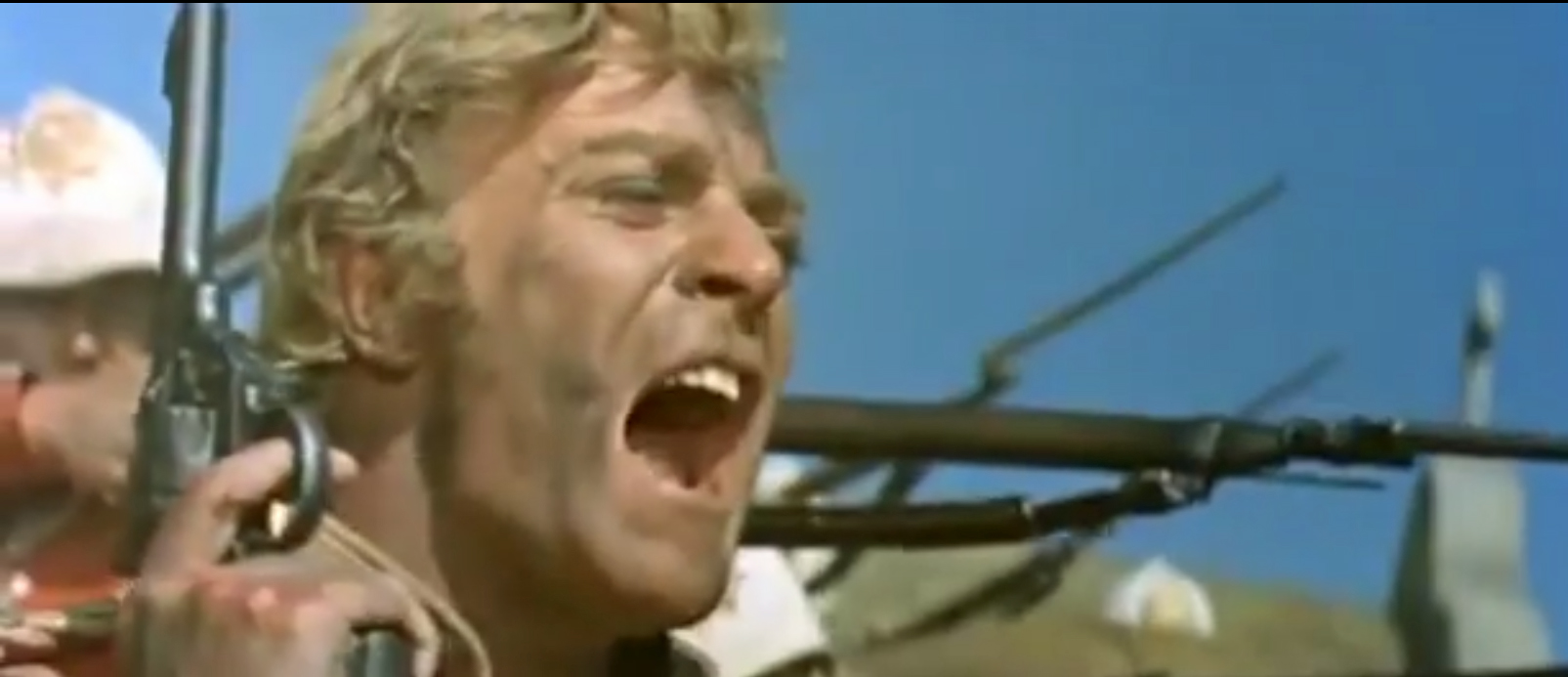|
Joe De Graft
Joseph Coleman de Graft (2 April 1924 – 1 November 1978) was a prominent Ghanaian writer, playwright and dramatist, who was appointed the first director of the Ghana Drama Studio in 1962. He produced and directed plays for radio, stage and television, as well as acting, and was also a poet and educator. Biography De Graft was born in Cape Coast, in the Gold Coast (present-day Ghana). His surname derives from a Dutch grandfather. He received his secondary schooling there at Mfantsipim. In 1953, at the age of 29, and after an education interrupted by four years teaching at his old school, de Graft graduated from the University College of the Gold Coast, one of the first undergraduates to take English Honours. That year, he married Leone Buckle, an accountant from Osu, Accra, and they subsequently had three children, Carol, Cobbie, and Kweku. In 1955 de Graft returned to Mfantsipim School, where he taught English and was in charge of the Mfantsipim Drama Laboratory. A major infl ... [...More Info...] [...Related Items...] OR: [Wikipedia] [Google] [Baidu] |
Cape Coast
Cape Coast is a city, fishing port, and the capital of Cape Coast Metropolitan District and Central Region of Ghana. It is one of the country's most historic cities, a World Heritage Site, home to the Cape Coast Castle, with the Gulf of Guinea situated to its south. According to the 2010 census, Cape Coast had a settlement population of 169,894 people. The language of the people of Cape Coast is Fante. The older traditional names of the city are Oguaa and Kotokuraba (meaning "River of Crabs" or "Village of Crabs"). The Portuguese navigators João de Santarém and Pedro Escobar who sailed past Oguaa in 1471 designated the place ''Cabo Corso'' (meaning "short cape"), from which the name Cape Coast derives. From the 16th century to the country's independence in 1957, the city changed hands between the British, the Portuguese, the Swedish, the Danish and the Dutch. It is home to 32 festivals and celebrations. History Cape Coast was founded by the people of Oguaa and the region rul ... [...More Info...] [...Related Items...] OR: [Wikipedia] [Google] [Baidu] |
Othello (play)
''Othello'' (full title: ''The Tragedy of Othello, the Moor of Venice'') is a tragedy written by William Shakespeare, probably in 1603, set in the contemporary Ottoman–Venetian War (1570–1573) fought for the control of the Island of Cyprus, a possession of the Venetian Republic since 1489. The port city of Famagusta finally fell to the Ottomans in 1571 after a protracted siege. The story revolves around two characters, Othello and Iago. Othello is a Moorish military commander who was serving as a general of the Venetian army in defence of Cyprus against invasion by Ottoman Turks. He has recently married Desdemona, a beautiful and wealthy Venetian lady much younger than himself, against the wishes of her father. Iago is Othello's malevolent ensign, who maliciously stokes his master's jealousy until the usually stoic Moor kills his beloved wife in a fit of blind rage. Due to its enduring themes of passion, jealousy, and race, ''Othello'' is still topical and popular and i ... [...More Info...] [...Related Items...] OR: [Wikipedia] [Google] [Baidu] |
De Graft (crater)
De Graft is a crater on Mercury. Its name was adopted by the International Astronomical Union in 2009, after Ghanaian playwright, poet, and novelist Joe de Graft. Much of the floor of de Graft is covered in hollows. De Graft is one of the largest craters of the Kuiperian system on Mercury. The largest is Bartók crater.Denevi, B. W., Ernst, C. M., Prockter, L. M., and Robinson, M. S., 2018. The Geologic History of Mercury. In ''Mercury: The View After MESSENGER ''MESSENGER'' was a NASA robotic space probe that orbited the planet Mercury between 2011 and 2015, studying Mercury's chemical composition, geology, and magnetic field. The name is a backronym for "Mercury Surface, Space Environment, Geoche ...'' edited by Sean C. Solomon, Larry R. Nittler, and Brian J. Anderson. Cambridge Planetary Science. Chapter 6, Table 6.4. References Impact craters on Mercury {{Mercury-planet-stub ... [...More Info...] [...Related Items...] OR: [Wikipedia] [Google] [Baidu] |
West Africa (magazine)
''West Africa'' (1917–2005) was a weekly news magazine that was published in London for more than 80 years and closed in 2005. 20 July 2005 History West Africa magazine was first published on 3 February 1917 from offices in Fleet Street, London, with the commercial backing of Elder Dempster Shipping Line and the trading company John Holt. It was to appear weekly, initially at a price of sixpence per copy. Its first editorial explained the magazine's raison d'être: The fabric of the British Empire is complex; but that proportion which constitutes West Africa is in important respects unique. It is that part of Africa nearest to Britain. This is a factor the significance of which has not been fully appreciated until now, when it is clear to all who study maps and statistics that the commercial ...[...More Info...] [...Related Items...] OR: [Wikipedia] [Google] [Baidu] |
Uganda
}), is a landlocked country in East Africa East Africa, Eastern Africa, or East of Africa, is the eastern subregion of the African continent. In the United Nations Statistics Division scheme of geographic regions, 10-11-(16*) territories make up Eastern Africa: Due to the historical .... The country is bordered to the east by Kenya, to the north by South Sudan, to the west by the Democratic Republic of the Congo, to the south-west by Rwanda, and to the south by Tanzania. The southern part of the country includes a substantial portion of Lake Victoria, shared with Kenya and Tanzania. Uganda is in the African Great Lakes region. Uganda also lies within the Nile, Nile basin and has a varied but generally a modified equatorial climate. It has a population of around 49 million, of which 8.5 million live in the Capital city, capital and largest city of Kampala. Uganda is named after the Buganda kingdom, which encompasses a large portion of the south of the country, includi ... [...More Info...] [...Related Items...] OR: [Wikipedia] [Google] [Baidu] |
Idi Amin
Idi Amin Dada Oumee (, ; 16 August 2003) was a Ugandan military officer and politician who served as the third president of Uganda from 1971 to 1979. He ruled as a military dictator and is considered one of the most brutal despots in modern world history. Amin was born in Koboko in what is now northwest Uganda to a Kakwa father and Lugbara mother. In 1946, he joined the King's African Rifles (KAR) of the British Colonial Army as a cook. He rose to the rank of lieutenant, taking part in British actions against Somali rebels and then the Mau Mau Uprising in Kenya. Uganda gained independence from the United Kingdom in 1962, and Amin remained in the army, rising to the position of major and being appointed commander of the Uganda Army in 1965. He became aware that Ugandan President Milton Obote was planning to arrest him for misappropriating army funds, so he launched the 1971 Ugandan coup d'état and declared himself president. During his years in power, Amin shifted from be ... [...More Info...] [...Related Items...] OR: [Wikipedia] [Google] [Baidu] |
Macbeth
''Macbeth'' (, full title ''The Tragedie of Macbeth'') is a tragedy by William Shakespeare. It is thought to have been first performed in 1606. It dramatises the damaging physical and psychological effects of political ambition on those who seek power. Of all the plays that Shakespeare wrote during the reign of James I, ''Macbeth'' most clearly reflects his relationship with King James, patron of Shakespeare's acting company. It was first published in the Folio of 1623, possibly from a prompt book, and is Shakespeare's shortest tragedy. A brave Scottish general named Macbeth receives a prophecy from a trio of witches that one day he will become King of Scotland. Consumed by ambition and spurred to action by his wife, Macbeth murders King Duncan and takes the Scottish throne for himself. He is then wracked with guilt and paranoia. Forced to commit more and more murders to protect himself from enmity and suspicion, he soon becomes a tyrannical ruler. The bloodbath and ... [...More Info...] [...Related Items...] OR: [Wikipedia] [Google] [Baidu] |
University Of Ghana
The University of Ghana is a public university located in Accra, Ghana. It the oldest and largest of the thirteen Ghanaian national public universities. The university was founded in 1948 as the University College of the Gold Coast in the British colony of the Gold Coast. It was originally an affiliate college of the University of London, which supervised its academic programs and awarded degrees. After Ghana gained independence in 1957, the college was renamed the University College of Ghana. It changed its name again to the University of Ghana in 1961, when it gained full university status. The University of Ghana is situated on the West view of the Accra Legon hills and at the northeast of the centre of Accra. It has over 40,000 registered students. Introduction The original emphasis on establishing the University of Ghana was on the liberal arts, social sciences, law, basic science, agriculture and medicine. However, as part of a national educational reform program, th ... [...More Info...] [...Related Items...] OR: [Wikipedia] [Google] [Baidu] |
Institute Of African Studies
The Institute of African Studies on the Anne Jiagee road on campus of the University of Ghana at Legon is an interdisciplinary research institute in the humanities and social sciences. It was established by President Kwame Nkrumah in 1962 to encourage African studies. Thomas Lionel Hodgkin served as the first Director, from 1962 to 1965. On 25 October 1963 President Kwame Nkrumah gave an inaugural address at the institute, entitled "The African Genius", in which he called for the recovery of African traditions and an African-centered approach to knowledge. Location *The Institute of African Studies is located on the main Legon campus of the University of Ghana The University of Ghana is a public university located in Accra, Ghana. It the oldest and largest of the thirteen Ghanaian national public universities. The university was founded in 1948 as the University College of the Gold Coast in the Br .... The institute has an old site and a new site. The New Site, 100 meters ... [...More Info...] [...Related Items...] OR: [Wikipedia] [Google] [Baidu] |
World Council Of Churches
The World Council of Churches (WCC) is a worldwide Christian inter-church organization founded in 1948 to work for the cause of ecumenism. Its full members today include the Assyrian Church of the East, the Oriental Orthodox Churches, most jurisdictions of the Eastern Orthodox Church, the Old Catholic Church, the Lutheran churches, the Anglican Communion, the Mennonite churches, the Methodist churches, the Moravian Church, Mar Thoma Syrian Church and the Reformed churches, as well as the Baptist World Alliance and Pentecostal churches. Notably, the Catholic Church is not a full member, although it sends delegates to meetings who have observer status. The WCC describes itself as "a worldwide fellowship of 349 global, regional and sub-regional, national and local churches seeking unity, a common witness and Christian service". It has no head office as such, but its administrative centre is at the Ecumenical Centre in Geneva, Switzerland. The organization's members include deno ... [...More Info...] [...Related Items...] OR: [Wikipedia] [Google] [Baidu] |
Nicol Williamson
Thomas Nicol Williamson (14 September 1936 – 16 December 2011) was a Scottish actor, once described by playwright John Osborne as "the greatest actor since Marlon Brando". He was also described by Samuel Beckett as "touched by genius" and viewed by many critics as "the Hamlet of his generation" during the late 1960s. Early life Thomas Nicol Williamson was born on 14 September 1936 (he would later claim 1938 in ''Who's Who'') in Hamilton, Lanarkshire, the son of Hugh Williamson, operator of an aluminium manufacturing plant and former hairdresser's assistant, and Mary Brown Hill, née Storrie. When he was 18 months old, his family moved to Birmingham, England. Williamson was sent back to Hamilton to live with his grandparents during World War II due to Birmingham's susceptibility to bombing, but returned when the war ended, and was educated at the Central Grammar School for Boys, Birmingham. He left school at 16 to begin work in his father's factory and later attended the Birmi ... [...More Info...] [...Related Items...] OR: [Wikipedia] [Google] [Baidu] |
Michael Caine
Sir Michael Caine (born Maurice Joseph Micklewhite; 14 March 1933) is an English actor. Known for his distinctive Cockney accent, he has appeared in more than 160 films in a career spanning seven decades, and is considered a British film icon. He has received various awards including two Academy Awards, a British Academy Film Award, three Golden Globe Awards, and a Screen Actors Guild Award. As of February 2017, the films in which Caine has appeared have grossed over $7.8 billion worldwide. Caine is one of only five male actors to be nominated for an Academy Award for acting in five different decades. He has appeared in seven films that featured in the British Film Institute's 100 greatest British films of the 20th century. In 2000, he received a BAFTA Fellowship for lifetime achievement from the British Academy of Film and Television Arts and was knighted by Queen Elizabeth II for his contribution to cinema. Often playing a Cockney, Caine made his breakthrough in the 1960s ... [...More Info...] [...Related Items...] OR: [Wikipedia] [Google] [Baidu] |





